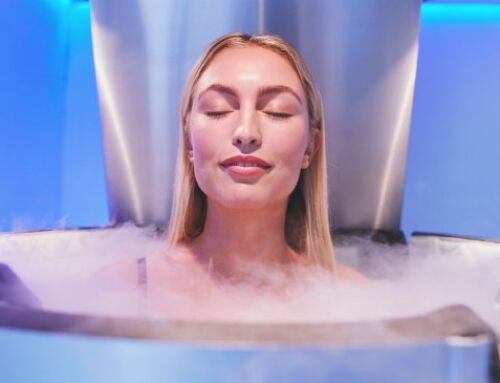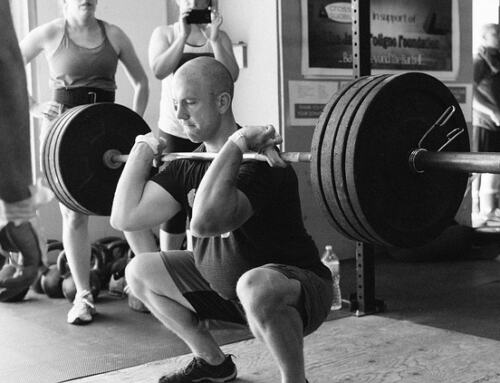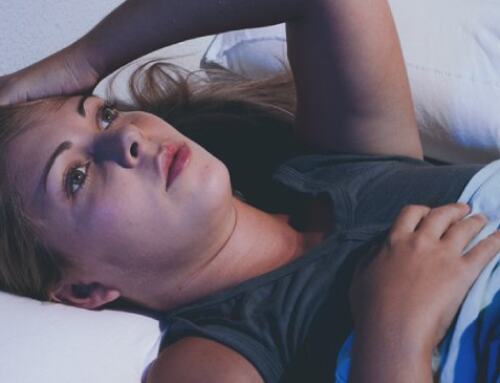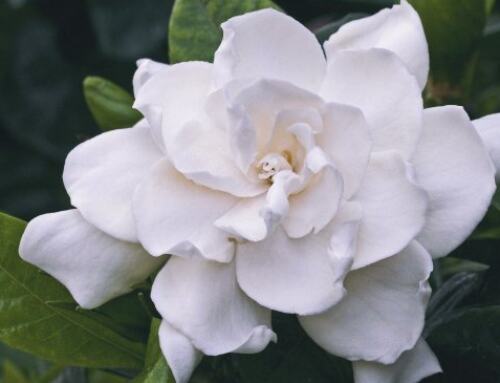Why Drinking Water All Day Is Not The Best Way to Stay Hydrated
Dehydration is a drag on human performance. It can cause fatigue and sap endurance among athletes, according to a 2018 study in the journal Frontiers in Physiology. Even mild dehydration can interfere with a person’s mood or ability to concentrate.
Water is cheap and healthy. And drinking H2O is an effective way for most people to stay hydrated. The National Academy of Medicine recommends that adult women and men drink at least 91 and 125 ounces of water a day, respectively. (For context, one gallon is 128 fluid ounces.) But pounding large quantities of water morning, noon and night may not be the best or most efficient way to meet the body’s hydration requirements.
“If you’re drinking water and then, within two hours, your urine output is really high and [your urine] is clear, that means the water is not staying in well,” says David Nieman, a professor of public health at Appalachian State University and director of the Human Performance Lab at the North Carolina Research Campus. Nieman says plain water has a tendency to slip right through the human digestive system when not accompanied by food or nutrients. This is especially true when people drink large volumes of water on an empty stomach. “There’s no virtue to that kind of consumption,” he says.
In fact, clear urine is a sign of “overhydration,” according to the Cleveland Clinic. And some of the latest research supports Nieman’s claim that guzzling lots of water is not the best way to stay hydrated.
For a 2015 study in the American Journal of Clinical Nutrition, researchers compared the short-term hydration effects of more than a dozen different beverages—everything from plain water and sports drinks to milk, tea, and beer, to a specially formulated “rehydration solution.” Based on urine analyses collected from the study volunteers, the researchers concluded that several drinks—including milk, tea, and orange juice, but not sports drinks—were more hydrating than plain water. (Lager was a little less hydrating than water, but a little better than coffee.)
Of course, no one’s suggesting that people dump water in favor of milk and OJ. Water is still hydrating. So are sports drinks, beer, and even coffee, to some extent. But the authors of the 2015 study wrote that there are several “elements of a beverage” that affect how much H2O the body retains. These include a drink’s nutrient content, as well as the presence of “diuretic agents,” which increase the amount of urine a person produces. Ingesting water along with amino acids, fats and minerals seems to help the body take up and retain more H2O—and therefore maintain better levels of hydration—which is especially important following exercise and periods of heavy perspiration.
To read find out more on this article follow the link below.







